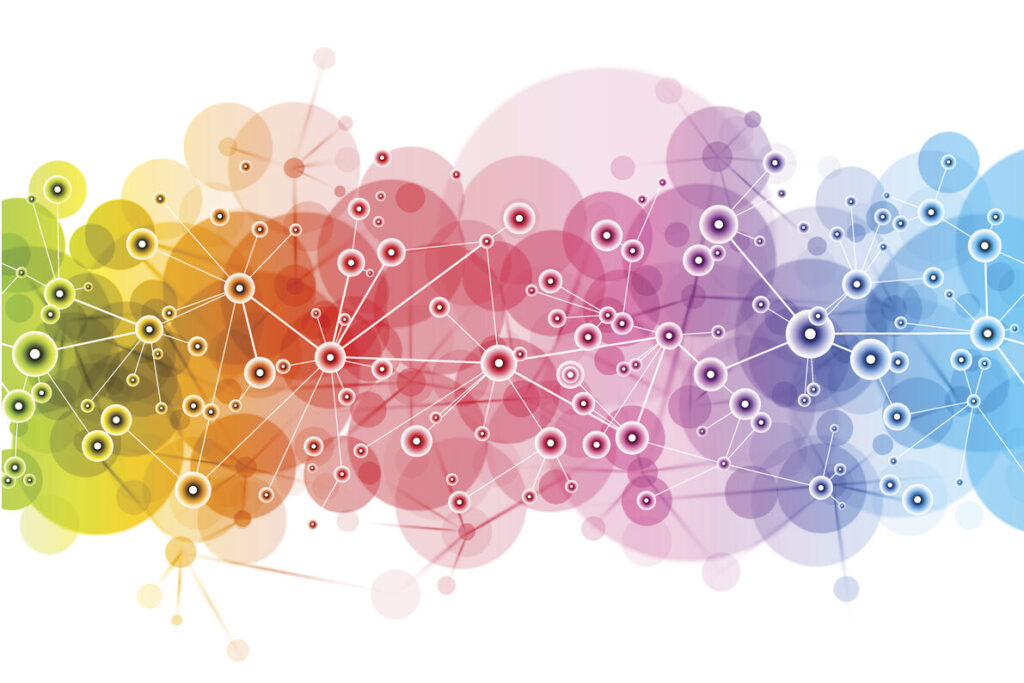What is AI?

What does the term Artificial Intelligence (AI) mean to you? We often encounter AI in popular culture, where it can be portrayed in both flattering and sometimes unsettling ways. You’ve probably seen movies with rogue robot soldiers causing chaos, or friendly computer butlers helping humans with their every need.
In reality, the definition of AI is still a bit up for debate, but in today’s usage, it typically refers to computers solving problems that require some level of reasoning. This could include tasks like identifying cars in pictures, converting voice recordings into text, or enabling robots to navigate. However, you might have noticed that many of these problems can be solved without the computer actually thinking or reasoning. For example, a robot may simply rely on its sensors and follow pre-programmed rules set by a human: does this truly qualify as reasoning, or is it something else?

Is the robot or the programmers doing the reasoning?
Hard-core deterministic philosophers are tempted to reduce the human experience and intelligence to the following of a complex set of predetermined rules, and they argue that our choices would be the same every time under identical circumstances. No wonder that this “mechanistic” view has been at the core of the first attempts at building Artificial Intelligence when many thinkers and researchers thought that intelligence and logic were one and the same thing and therefore the way forward in the endeavor was to design a consistent and complete set of rules that would “imbue” intelligence in a silicon platform. However we soon woke up from that dream and we realized that this approach would be too complex, that there are tasks that are incredibly difficult to reduce to a simple set of rules, humanly codified, and that there are not just “known unknowns” (things that we know we do not know) but also “unknown unknowns” (things that we do not even know that we don’t know) and therefore the problem seems simply too complex.
The big leap towards something more akin to human intelligence (although still very far) was taken when we focused on human learning and we realized that we often learn new things through examples, trial and error. In other words, we do not only “receive” rules from the environment but we constantly interact with it and collect “inputs” that we constantly elaborate, interpret, and classify. In the beginning, our “elaborations” will be wrong but through the constant feedback from the environment, we will learn the right associations and the “most likely” or useful model of reality. And that paved the way for Machine learning and algorithms that learn by error. The power of this is that we do not have to codify all the rules (often very difficult to know) but we just have to provide examples to our learning system and define an objective. This approach is much more flexible and generalizable (when it is not just simple memorization) and is eventually successful.
Nevertheless, the questions about the best way to “reproduce” intelligence are still profound and only partially uncovered.
Thinking is a subject of debate, often involving reasoning or consciously evaluating different options before making a choice. So, we circle back to the same question: Can we consider a robot following a checklist as thinking? Can we consider a robot that has learned a few associations between inputs and outputs as thinking?
While an exact definition of AI is still being discussed, several fields within computer science are commonly regarded as part of AI. These include visual perception, speech recognition, decision-making, chatbots, and language translation. There is a wide range of algorithms used to solve these problems and they are constantly evolving. There is certainly motivation to be hyped about what is happening in the field right now and we are very excited to be part of this journey.
In summary, although an exact definition is not decided upon, AI refers to a thinking machine or a machine that imitates thinking. Fields within computer science that are considered AI are fields that seem to need some level of thinking and decision-making, such as essay writing. Who knows if the writer of this article is an AI or not?
